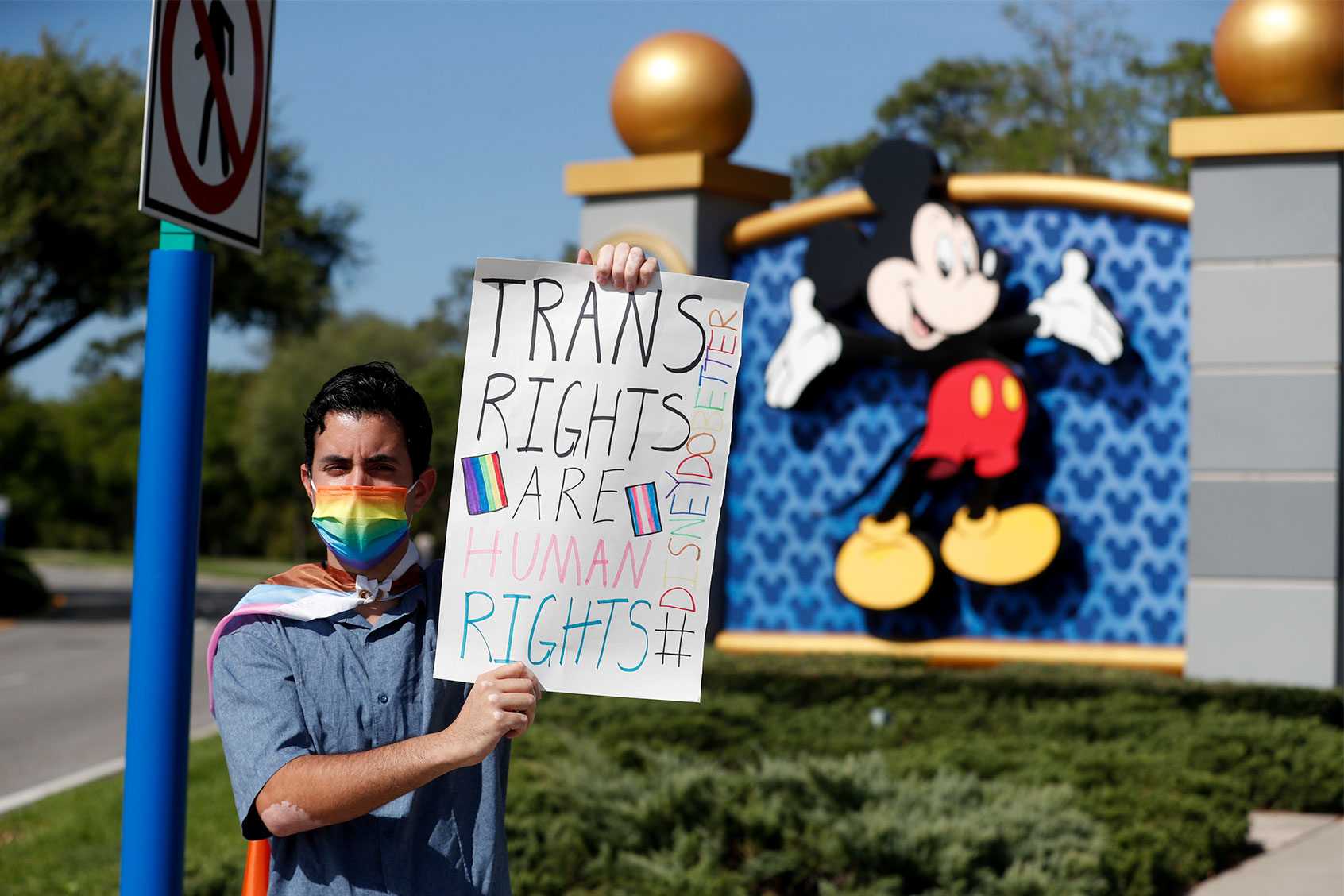Parts of a Florida law banning gender-affirming healthcare for minors have been ruled unconstitutional by a federal judge.
U.S. District Judge Robert Hinkle’s wrote in an order released Tuesday that “gender identity is real” and invalidated much of a 2023 law that prohibited children from accessing puberty blockers and hormones.
“The state of Florida can regulate as needed but cannot flatly deny transgender individuals safe and effective medical treatment — treatment with medications routinely provided to others with the state’s full approval so long as the purpose is not to support the patient’s transgender identity,” Judge Hinkle wrote in his 105-page decision.
The measure was signed into law by Republican Gov. Ron DeSantis. It prevented minors from accessing transition-related medications and required that transition-seeking adult patients meet with a doctor in person and not via telemedicine. Hinkle struck down both rules.
The plaintiffs in the case were three families whose attorneys argued the law restricted their rights as parents to make medical decisions for their transgender children and that the law was enacted out of “discrimination and animus”, Forbes reported.
Hinkle agreed.
“Transgender opponents are of course free to hold their beliefs. But they are not free to discriminate against transgender individuals just for being transgender,” he wrote.
DeSantis has signed a number of other laws restricting trans rights, including bathroom usage bans and limits on which pronouns can be used in schools.
The Tampa Bay Times reported it’s likely the state will appeal Hinkle’s ruling.

